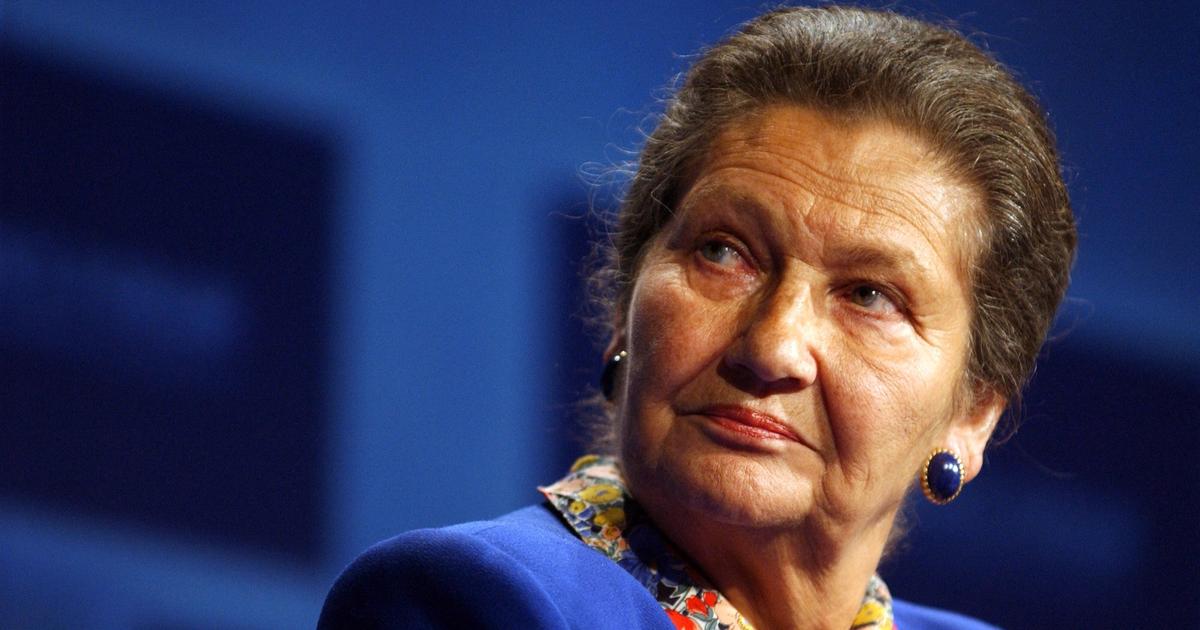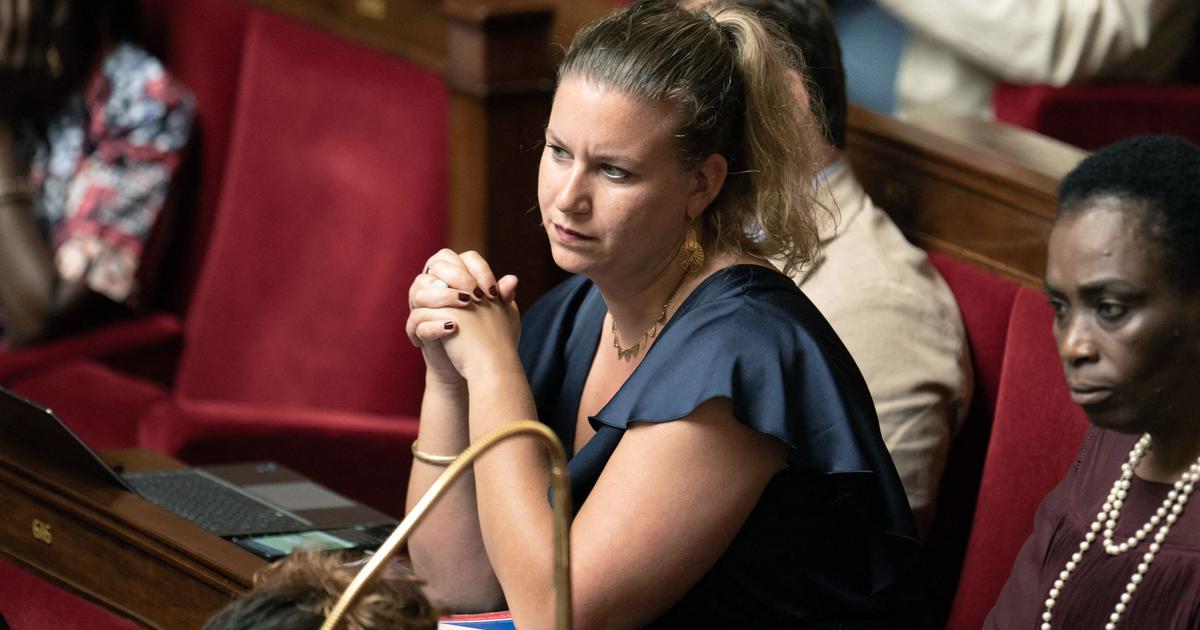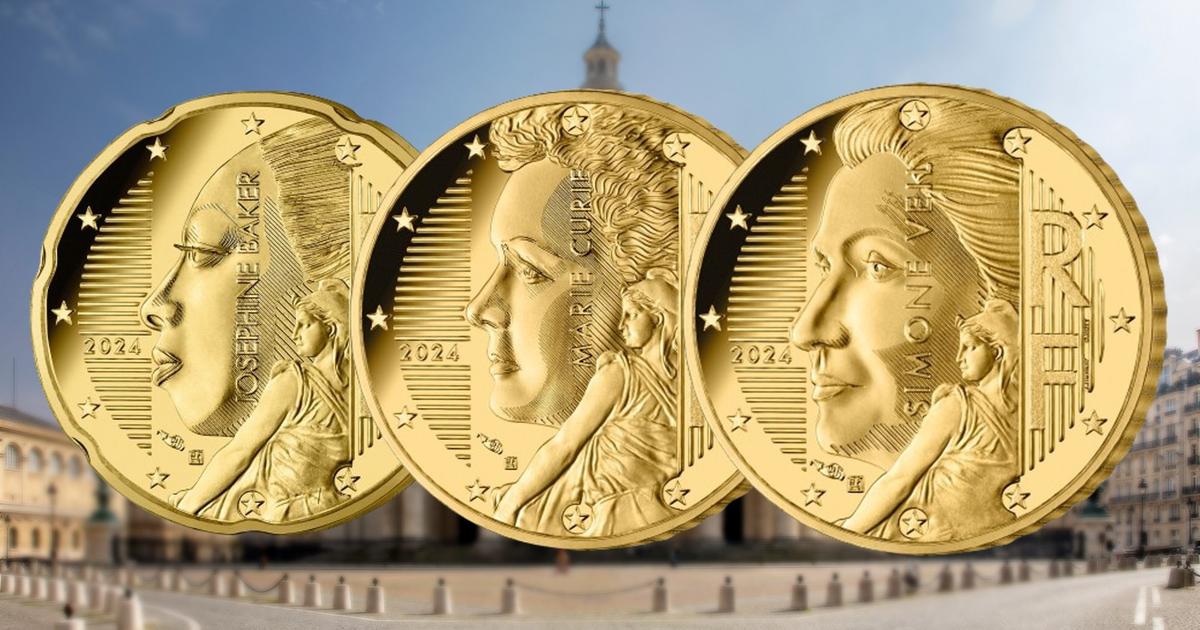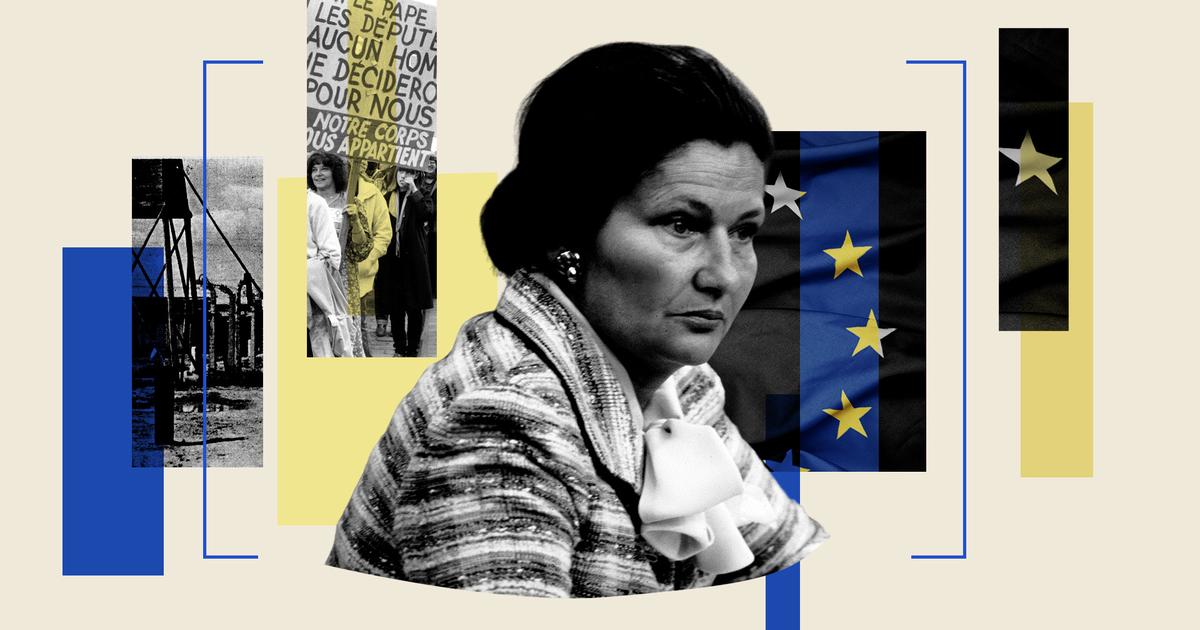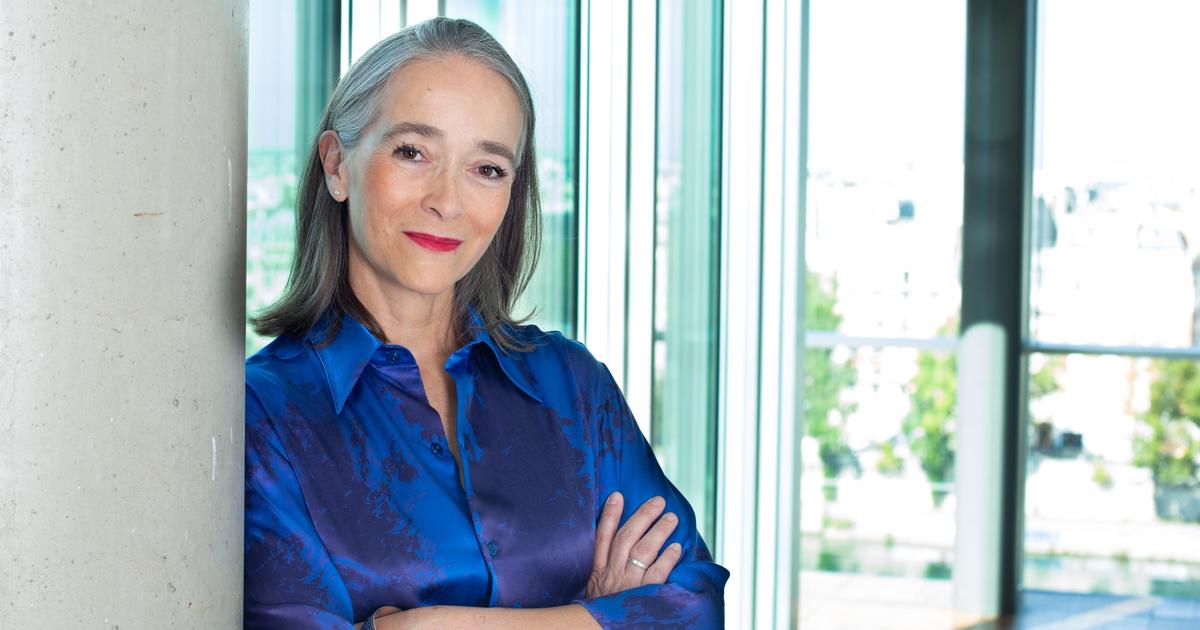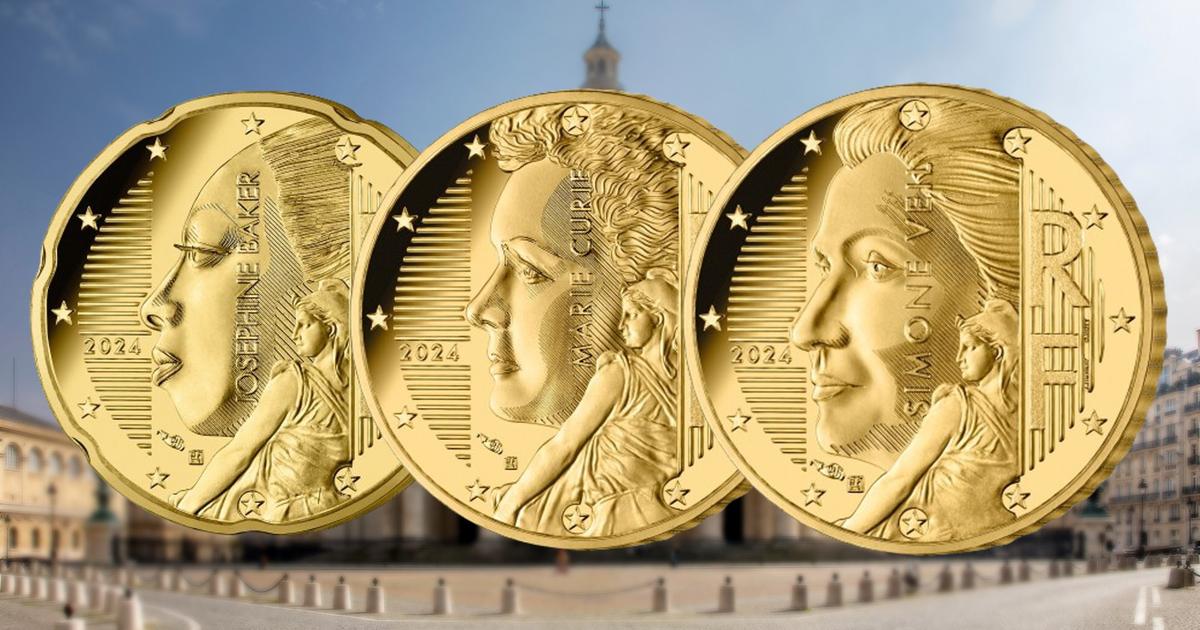The day after the release of Olivier Dahan's film carried by Elsa Zylberstein,
Simone, le voyage du siècle
, a fine documentary was devoted to him on France 5. It is INA's turn to unveil an exceptional and unpublished, devoted to the one who was the tireless witness of the deportation of the Jews of France.
This is an interview lasting five and a half hours, which will be posted on the INA website on October 19, and which will be available in a shorter version, divided into four podcasts.
To discover
TV program: Find tonight's TV program
The arrest of his family
At the time, in 2005, Simone Veil chaired the Foundation for the Memory of the Shoah, within which she had undertaken a heritage collection of testimonies on the deportation.
In turn, the former minister and president of the European Parliament recounted her journey, starting with her early youth.
On the one hand a “humanist father
, with a very demanding moral philosophy
”, on the other a mother full of “
dignity
”, to whom she is close.
Settled in Nice, her family gave her a childhood filled with bliss.
Read alsoHow the memory of the Holocaust prepares for the disappearance of its witnesses
The war starts, France signs the armistice, Marshal Pétain implements his anti-Semitic policy.
In March 1944, the Germans checked and arrested her.
She is 17 years old.
The arrest of her relatives, which occurred in the wake of hers, is an unfortunate coincidence, which Simone Weil remembers with contained emotion, before mentioning the Gestapo, the train journey, the camps.
A kapo takes their belongings when they arrive.
A friend of hers had taken a Lanvin perfume with her.
"I buy it from time to time thinking of her
," she said.
We had put it entirely on us rather than having it taken from us.”
“Men remain susceptible to deep hatreds.
This is what we must try to banish”
Simone Veil
Questioned by the director Catherine Bernstein, Simone Veil returns, always modest, to her deportee tattoo, recounts the cold, the hunger, the thirst, the illness of her mother Yvonne.
This mother who, in the Auschwitz-Birkenau and then Bobrek camps, “
even very ill, always gave courage to everyone.
This mother who opposed her "
dignity
" and her "
optimism
" to the incessant attempts at humiliation, and who died of typhus before being released.
The sense of responsibility
“
I think that the fate of children who have not been deported and whose parents have been is much worse
, however advances Simone Veil.
Because we can't stand it, imagine it.
(...) I am always struck by the distress of the children who have been hidden, who have had to wait for their parents.
»
Read alsoGinette Kolinka, a French memory: memories of a survivor of Auschwitz-Birkenau
The interview, which will be the subject of a publication by Flammarion, continues.
"Do the years ease the pain?"
, asks the director to the one who will publish her autobiography, My life
, two years later
.
"No, I am always immersed in it, I always have opportunities to talk about it, to explain to young people or to participate in conferences
".
Perhaps the sense of responsibility grows as we move away from the trauma.
And becomes more urgent when other genocides occur, in Cambodia then in Rwanda.
“The men between them remain susceptible to deep hatreds.
This is what we must try to banish.”

